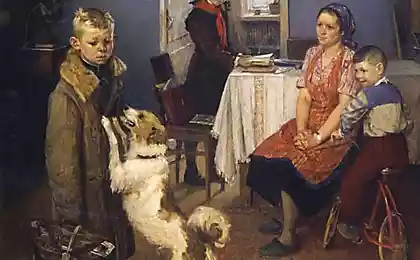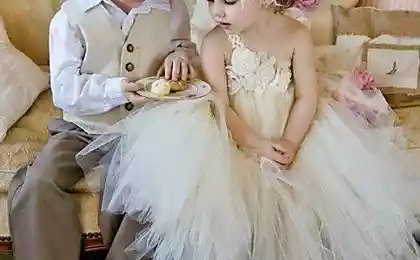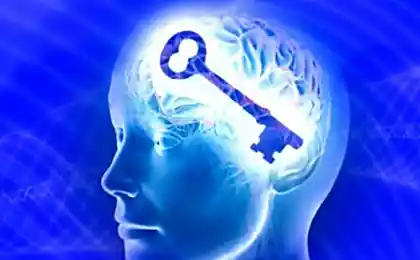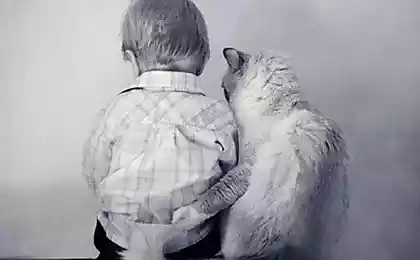222
Why children tend to blame their parents for their failures
The relationship between parents and children has never been perfect. No, they exist somewhere, but it is rather an exception to the rule. Quite often, as soon as the children grow up, they are already able to come into conflict with everyone in a row. But perhaps the most difficult ones are mother and adult son. Our story is about it.

Editorial "Site" We are always sensitive to the messages of our readers. Alevtina writes to us, who is upset by the attitude of her own son. He constantly accuses her of personal failures and failures. He complains that Alevtina is guilty of the fact that his life will not improve. Let's try to solve this conflict together.
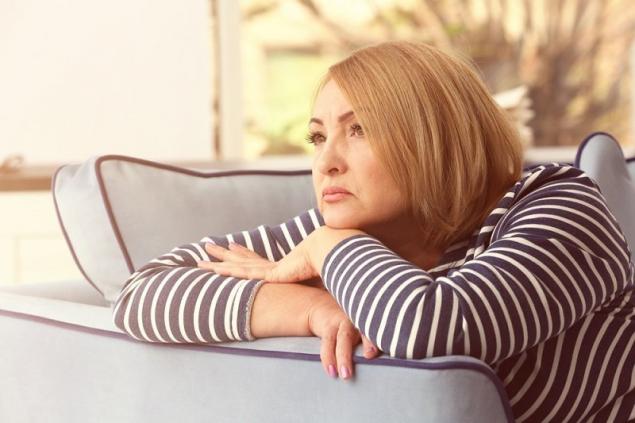
Mom and grown-up son. “I’m saddened by my son’s attitude toward me.” He is 27 years old and lives in different countries. Jora holds a great resentment against me, saying that I abandoned him, went to live in another country. He was also offended by his “bad childhood” and did not love him as much as he would like. He always blames me for all his failures. Says I was a bad mother, didn't do it at all. I try to talk to him, give references to psychologists who explain his problem, but inevitably in every telephone conversation reminds him of his grievances.

I am sure that the only reason for his failures is his self-pity and unwillingness to take responsibility. Every time I try to convey to him that in our problem we need a mediator, a psychologist, but on his part there is no enthusiasm for a psychologist to visit. What can I do to make my son stop being angry with me so that his resentment will pass? How do I get him to finally hear me?

Apparently, it is difficult for Alevtina to accept her son with his current feelings, as well as for Jore to accept her mother’s past decisions and actions. The most interesting thing is that they both have the right to grievances and mistakes. I would like to know how Alevtina reacts to the accusations of her son: admits mistakes, tries to justify himself or, conversely, denies them. This reaction is very important. Perhaps the son doesn't feel understood.

They will have to move together towards acceptance, and this is a difficult, not immediate issue, has several stages, including anger, denial, and grief. They all need to be overcome in one way or another, and it depends only on them how long these stages will last. For example, references to psychologists can irritate Jora, since he may believe that Alevtina is thus “resetting” the problem, shrugging off her son.

The process of adoption can definitely speed up a psychologist, but it is never worth a person to him to “drive”. It should be your own balanced decision when there is a desire to cope with the problem. And that, of course, takes time. Among other things, Alevtina and Jora need to understand one simple attitude – the past cannot be changed: decisions are made, choices are made.

The consequences can take on a different tint if you change your attitude towards them. One of the steps in the right direction for Alevtina will be to accept her son as he is, with feelings and resentments, even if it seems somewhat awkward. It is important to understand that Jora is entitled to emotions. A hint for the mother: if there is a feeling of guilt or regret about some actions, you should tell your son about it and apologize.

Sometimes the simple and obvious words “I’m sorry, I was wrong” are enough. This will be enough to make the conflict disappear. Children are very sensitive and vulnerable, some resentments can carry in themselves for years and decide to voice them only when they become adults. Alevtina may not even suspect at what point she injured her son or whether it was intentional.
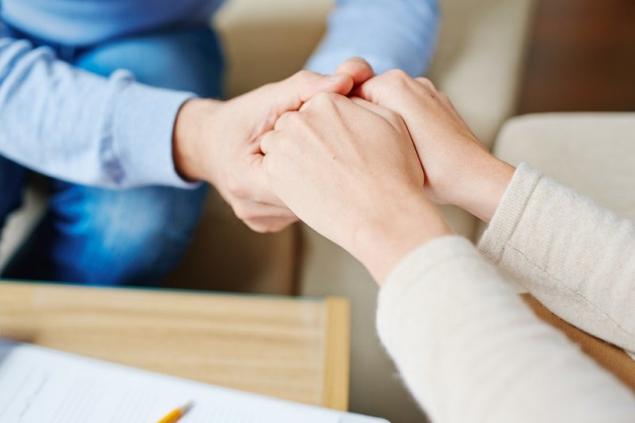
What else can I recommend? The process of “treatment” can take time, so the mother needs to be patient. Your own confidence and resilience in your love for your son can already make a difference. Stay a loving mother, keep trying for him, even if it is just attention, take the first steps. Remember that your children have the right to be offended.

Be sure to write in the comments what you think about this and how you get along with your own children. Let's give you some more food for thought. Find out why an American psychologist thinks his wife is more important than his children. Maybe it will help to look at the problem differently. We wish you a good mood. Thank you for staying with us!

Editorial "Site" We are always sensitive to the messages of our readers. Alevtina writes to us, who is upset by the attitude of her own son. He constantly accuses her of personal failures and failures. He complains that Alevtina is guilty of the fact that his life will not improve. Let's try to solve this conflict together.

Mom and grown-up son. “I’m saddened by my son’s attitude toward me.” He is 27 years old and lives in different countries. Jora holds a great resentment against me, saying that I abandoned him, went to live in another country. He was also offended by his “bad childhood” and did not love him as much as he would like. He always blames me for all his failures. Says I was a bad mother, didn't do it at all. I try to talk to him, give references to psychologists who explain his problem, but inevitably in every telephone conversation reminds him of his grievances.

I am sure that the only reason for his failures is his self-pity and unwillingness to take responsibility. Every time I try to convey to him that in our problem we need a mediator, a psychologist, but on his part there is no enthusiasm for a psychologist to visit. What can I do to make my son stop being angry with me so that his resentment will pass? How do I get him to finally hear me?

Apparently, it is difficult for Alevtina to accept her son with his current feelings, as well as for Jore to accept her mother’s past decisions and actions. The most interesting thing is that they both have the right to grievances and mistakes. I would like to know how Alevtina reacts to the accusations of her son: admits mistakes, tries to justify himself or, conversely, denies them. This reaction is very important. Perhaps the son doesn't feel understood.

They will have to move together towards acceptance, and this is a difficult, not immediate issue, has several stages, including anger, denial, and grief. They all need to be overcome in one way or another, and it depends only on them how long these stages will last. For example, references to psychologists can irritate Jora, since he may believe that Alevtina is thus “resetting” the problem, shrugging off her son.

The process of adoption can definitely speed up a psychologist, but it is never worth a person to him to “drive”. It should be your own balanced decision when there is a desire to cope with the problem. And that, of course, takes time. Among other things, Alevtina and Jora need to understand one simple attitude – the past cannot be changed: decisions are made, choices are made.

The consequences can take on a different tint if you change your attitude towards them. One of the steps in the right direction for Alevtina will be to accept her son as he is, with feelings and resentments, even if it seems somewhat awkward. It is important to understand that Jora is entitled to emotions. A hint for the mother: if there is a feeling of guilt or regret about some actions, you should tell your son about it and apologize.

Sometimes the simple and obvious words “I’m sorry, I was wrong” are enough. This will be enough to make the conflict disappear. Children are very sensitive and vulnerable, some resentments can carry in themselves for years and decide to voice them only when they become adults. Alevtina may not even suspect at what point she injured her son or whether it was intentional.

What else can I recommend? The process of “treatment” can take time, so the mother needs to be patient. Your own confidence and resilience in your love for your son can already make a difference. Stay a loving mother, keep trying for him, even if it is just attention, take the first steps. Remember that your children have the right to be offended.

Be sure to write in the comments what you think about this and how you get along with your own children. Let's give you some more food for thought. Find out why an American psychologist thinks his wife is more important than his children. Maybe it will help to look at the problem differently. We wish you a good mood. Thank you for staying with us!







